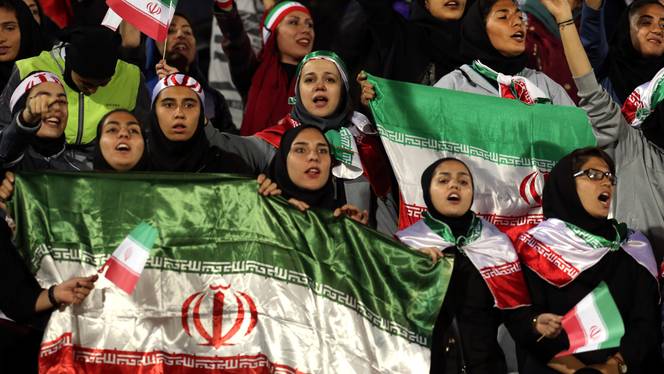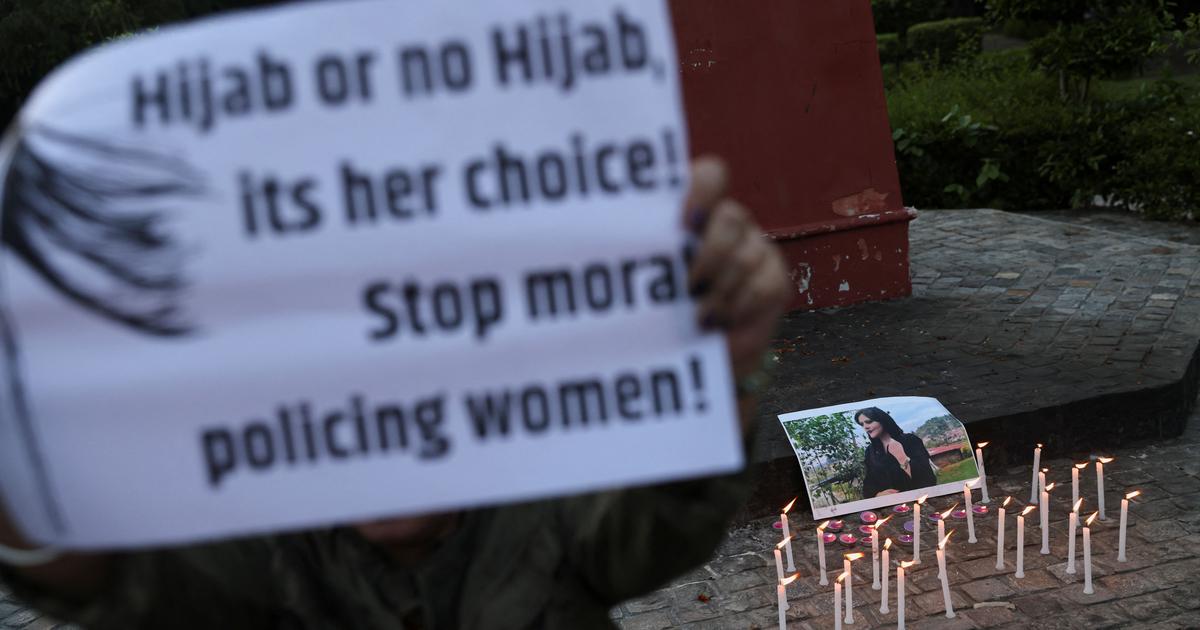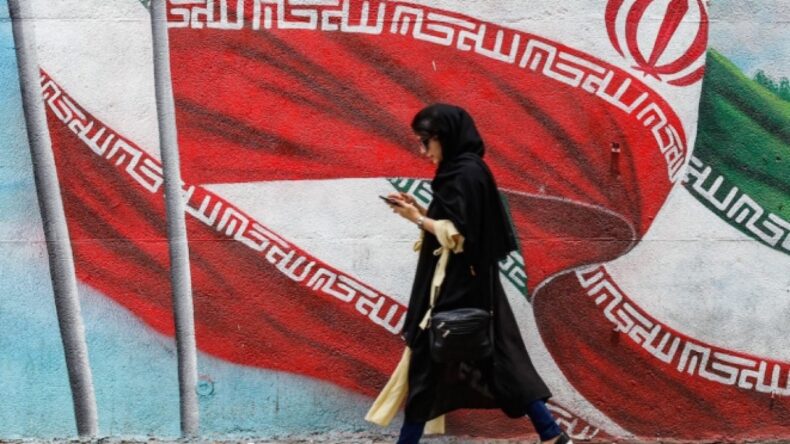Women in Iran rarely get to watch soccer matches, but after the head of the football federation made the declaration, they would be able to do so for the upcoming season, according to Islamic Republic News Agency (IRNA).

A senior official announced on Sunday that Iranian women, who have long been prohibited from entering stadiums to watch football games save on extremely rare occasions, will be let inside during the upcoming season. According to Mehdi Taj, head of Iran’s Football Federation, one of the league’s standout aspects this year is the entrance of women into stadiums.
He was speaking while the top-tier football league of Iran was being drawn for the forthcoming season live on television. The competition is scheduled to start next month.
Taj concluded that a plan for implementing the position is being developed by the Interior Ministry, the Sports and Youth Policy Ministry, the football federation, and two organizations of the Ministry of Information.
The most watched spectator sport in Iran is soccer, followed by wrestling and volleyball. The national team, or Team Melli, is surrounded by a lot of support. But according to the Washington Post, women were not permitted to watch those games live or in public settings like restaurants since the revolution.
Sometimes, women dressed as males and watched matches while sporting artificial moustaches and beards. Successors have received support as national trailblazers.
When Iran’s president attempted to restore a little portion of the civil liberties the Islamic Republic had suppressed since its 1979 revolution, women were finally permitted to watch the game in 2006, according to the Washington Post.
The long-standing prohibition against female spectators at men’s soccer games was lifted by then-President Mahmoud Ahmadinejad. Iranian religious authorities had maintained that permitting women to watch males participate in sports went against Islamic law that encourages religiosity, Ahmadinejad believed in contradiction to this statement.
In stadiums hosting major and national matches, the finest seats should be reserved for families and women, he declared on state television. Chastity is encouraged by seeing women and families in public areas.
Long-Lived and Continued Struggle of Women in Iran and Across the World
With Iranian women getting a chair to watch the football league this session, a student was barred from entering her university without Hijab. Iran has seen a long and strong rebellious movement against hijab which continues and while this provision is a win for women of Iran to claim their space in stadiums, the fight for the right to choose continues for women across the World.

According to reports, at least 60 Iranian female students have been expelled from universities for disobeying the nation’s strict hijab laws. Videos recently published by citizen journalists depict the harassment of women and girls by disciplinary committees and pro-regime civilians in subways, streets, and university campuses. Female university students all around the nation have been recording themselves sans headscarves as a show of resistance.
Many female activists have reported an increase in the number of young women being detained and arrested. They claimed that if they disobey the law requiring them to wear the hijab, they will face harsh penalties.
One student from a Tehran institution claimed, “We are all being expelled from the campus for refusing to wear a hijab, and in the last few days there has been a violent crackdown on us for peacefully sitting in protest.” She claimed that security guards threw us out of the classes with force. The student said that because their teachers supported them, they had been attacked and expelled from the university.
Women’s rights advocates tried to convince political parties to join their rallies against the hijab’s imposition more than 40 years ago, but they were unsuccessful. Iranian women of today who are adamant about altering the social standards established by legislation from 1979 benefit from far more social support. Recent events demonstrate how individuals have transformed from passive recipients of their rights to active agents who seek to effect change even in the absence of a political revolution.
When Tehran went over social media removing their hijab and letting their hair blow the air of freedom, women in India were struggling to wear the same choice of cloth. Muslim women of Karnataka struggled to get entry into their universities because they were asked to remove their hijab, with banning hijabs or any other headscarves in educational institutions, India scrapped women of their right to choose. Education being a fundamental right cannot be taken away based on a person’s choice of dressing and over that banning a piece of cloth that decides their mobility out of the household, is outrageous and discriminatory.













